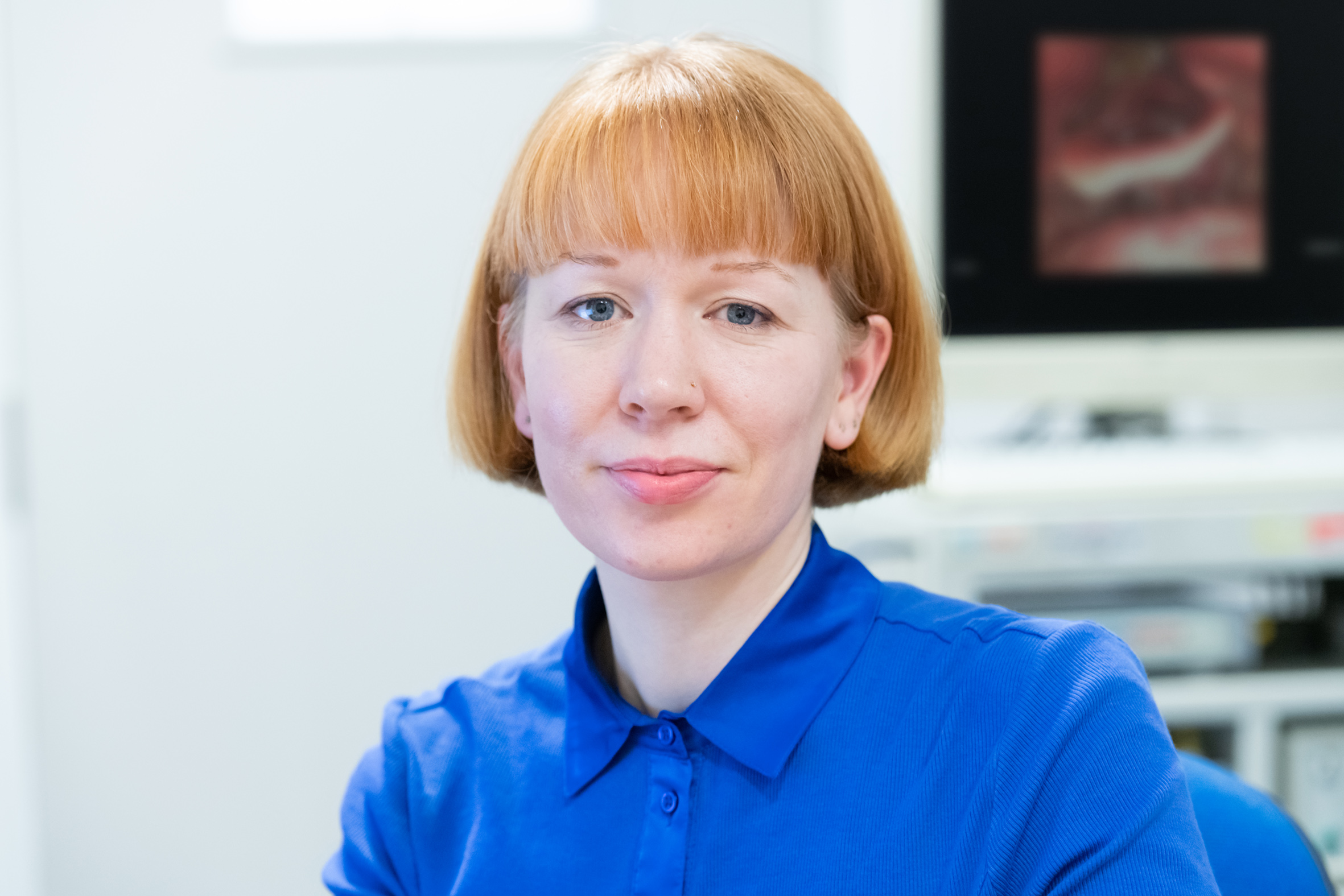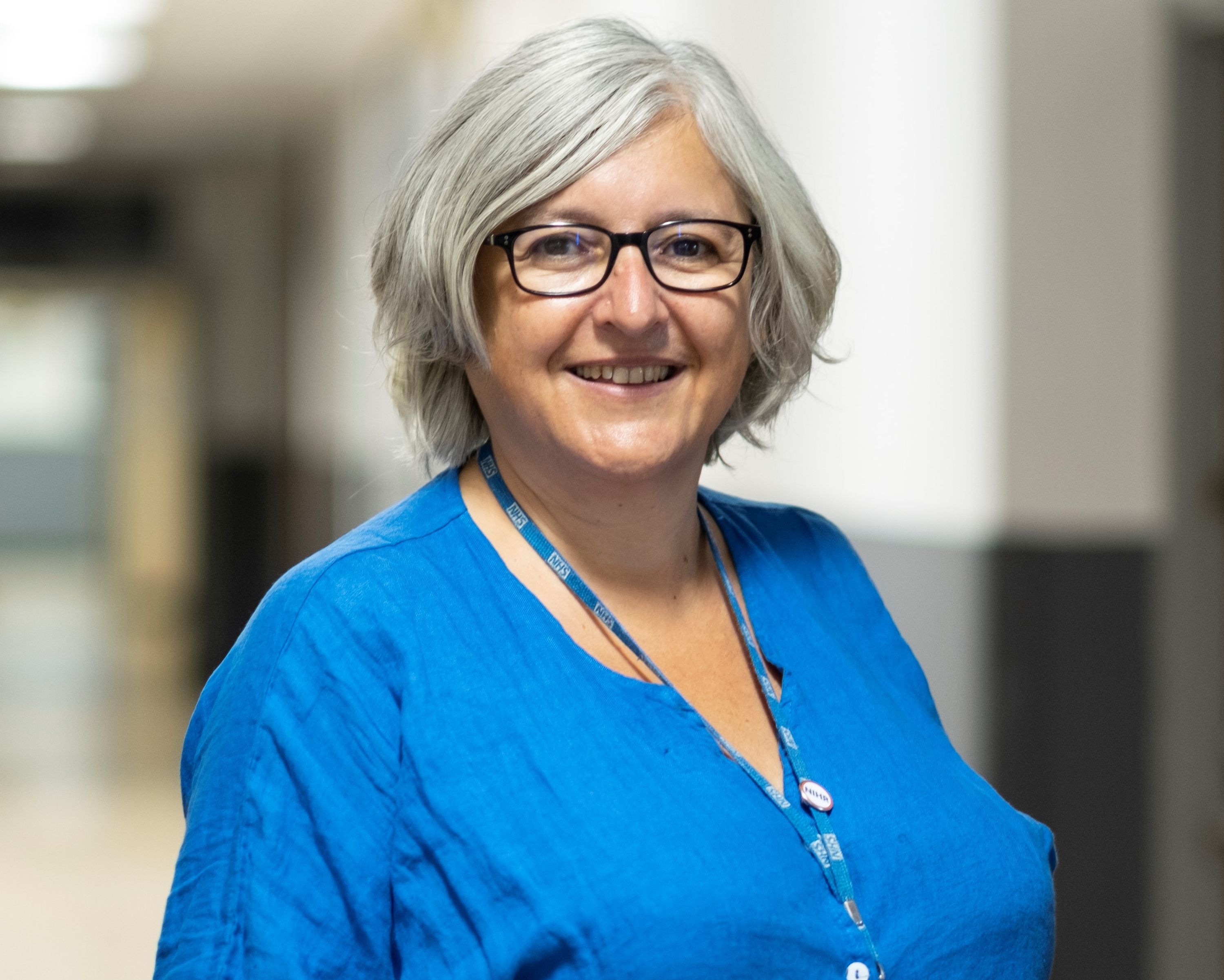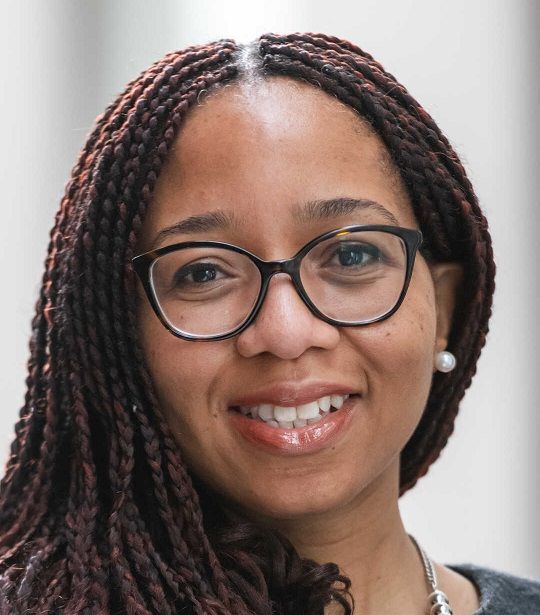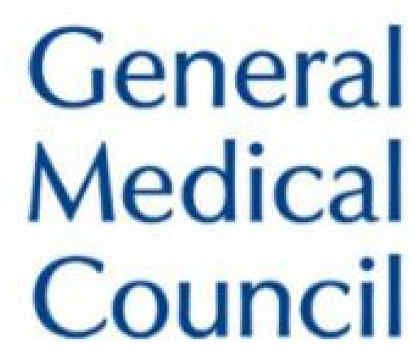RESEARCH: VOICE AND SWALLOWING DIFFICULTIES OF ADULTS WITH LARYNGOTRACHEAL STENOSIS (NARROWING OF THE AIRWAY)
 How did you get into research?
How did you get into research?
I had dabbled in audit/service evaluation and QI in the past, but when I started working with the Complex Laryngology and Airways ENT team at Imperial I was suddenly in a position where there were clear gaps in the evidence that impacted my ability to do my clinical role effectively and I was in an organisation that supported research for AHPS.
What do you enjoy about research?
I enjoy all the questions, and the systematic process of looking for answers. I also love working alongside patients to help guide the research and make it as meaningful as possible. I recently heard a patient advisor say – ‘what is the point if it doesn’t change clinical care for the better’ and I couldn’t agree more.
What was the most difficult aspect of doing your PhD?
The pandemic was challenging and meant I had to juggle more clinical work, as well as adapt my research plans to account for COVID, but it also gave me a lot of opportunities. I think the hardest part was balancing my research, clinical commitments and family life and realising that ‘good enough’ is key to success in all those areas, not perfection.
What was the most challenging aspect of continuing your research after completing your PhD?
Time. Being back in a clinical role means you lose the space to focus on research clearly and it is easy to let clinical priorities take over. I sometimes felt my research wasn’t as important as making sure the patients I saw were supported and cared for. It shifts your perspective again.
What difference has your research training and experience made to your career?
When I started at Imperial, I was a slightly overwhelmed, slightly lost SLT who wanted something more from their career but didn’t know what, or where to start. Becoming a clinical academic has given me the trajectory and professional experience I had been looking for. I have presented work internationally, collaborated with ‘famous’ SLT academics and learnt huge amounts from them, and most importantly been able to support others on their clinical-academic journey. And improve clinical practice for my patients! It still feels like a bit of a dream.
What do you think is the greatest misconception about clinical academia?
I think it can be seen as an inaccessible space or only for those who want to do a PhD. I strongly disagree with this. I think there are opportunities for clinicians to explore research opportunities, and build their skills and experience without committing to a PhD, and I think we should encourage more engagement with research in this way to make clinical academia less ‘ivory tower’ and more accessible for all. It will only benefit the workforce and patients.
How has research changed your clinical practice?
I am more confident in supporting my patients through their diagnosis and surgery in terms of the advice, assessment, and management that I offer. It has changed the MDT care pathway and review process for our patients. It has also made me more confident to explain the gaps, and where we can’t give clear answers.
What has made a difference to progressing your research career?
Working in a supportive organisation where research is valued and prioritised. Building my own networks and saying yes to opportunities when they arise - when I can and they align with my career objectives. A real key to my progress is the support I receive from Professor Caroline Alexander and my wider colleagues. I am incredibly grateful to those who have supported me in my research career, and I wouldn’t have achieved anything without their support.
Where do you see your clinical academic career going over the next 5 years?
I have just started two post-doctoral fellowship schemes which will offer me training opportunities as well as building on my existing research networks, which will allow me to develop a competitive application for an Advanced Fellowship from the NIHR. I am also excited to be helping to build the research capacity and capability of the SLT team at Imperial as part of my Clinical Academic Role.
Dr Gemma Clunie, Senior Clinical Academic Speech and Language Therapist, Imperial College Healthcare NHS Trust, G.clunie@imperial.ac.uk
To download Gemma's case study please click here: Gemma Clunie: Case Study (PDF)
Useful links
Contact us
The CATO Team and Radiographers Incubator work on a Hybrid model, combining days in the office with days working from home – the best way to reach us is by email.
cato@imperial.ac.uk
radresearch@imperial.ac.uk
+44 (0)20 3313 7397



